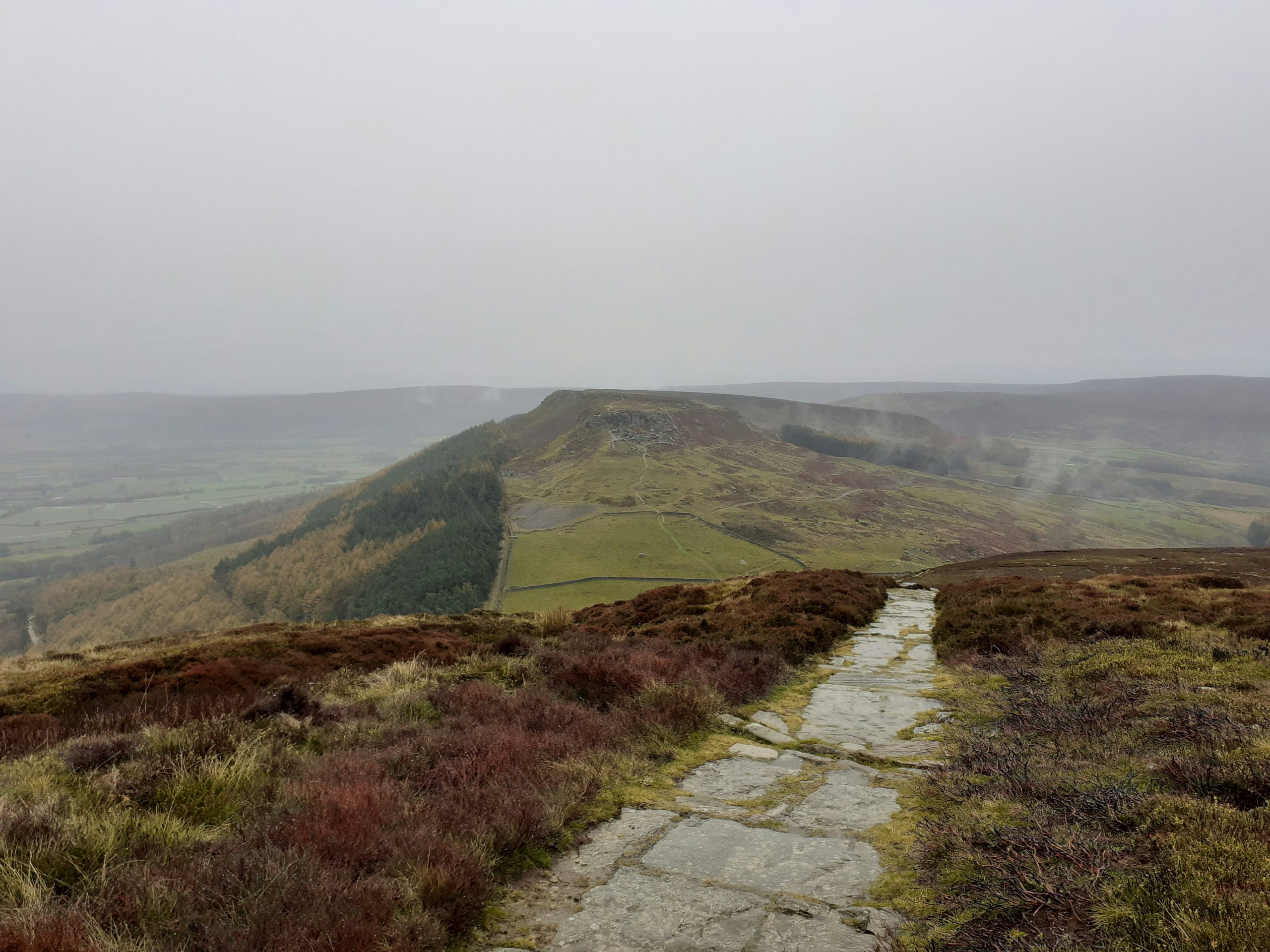The Argument For Meat Substitutes
By Rosa Burston
The increasing quality and availability of meat substitutes over the past few years has been eminently visible to me as a long-standing vegan; I struggle to see how this development can be viewed with disdain! Anyone who values animal life, the state of our planet or their own health should be relieved that veganism is becoming mainstream and accessible.
I have had many omnivores ask me “if you don’t like meat, why eat fake meat?” and this is a fair question. However, it doesn’t address the fact that avoiding meat products isn’t (usually) based on the taste, it’s based on the belief that murder is wrong. Yes, I want to avoid killing animals but I have no objection to eating fake animals! Meat alternatives are rapidly improving in taste, texture and appearance, raising the question of why someone would choose to eat a sentient being when a similar tasting, yet cruelty free, product exists. Even when alternatives do differ significantly, I’d rather sacrifice momentary pleasure than have an animal sacrifice their life.
As for the planet, veganism is a no-brainer. Going one year without beef burgers means a person saves 3,432 trees as studies suggest that 2,400 gallons of water are required to produce 1lb of beef (compared to 155g for 1lb of wheat). 60% of the world’s grain is fed to animals, not the 925 million starving people. Imagine the reduction in land and water use, and CO2 emissions, if we didn’t raise cows for their flesh. If meat alternatives give people an easy way to reduce meat consumption, this can only have a positive effect on the planet and, by extension, its’ inhabitants.
Eating meat is ingrained in our society and our upbringing; many people wouldn’t even contemplate going vegetarian or vegan. But we are no longer cavemen, relying on hunting and gathering for survival. The most commonly eaten meats do not appear vaguely natural anyhow; we rely on for-profit companies to slaughter and package meat for us instead of popping out to spear fish as our ancestors did.
Giving up meat needs to be a sustainable change. If people are used to eating meat in the form of nuggets, burgers and sausages, then meat alternatives need to resemble these. This makes going meat-free more accessible. The rising stock of meat alternatives in supermarkets has also driven down prices ÔÇô meaning that someone’s budget is no longer a barrier to giving up animal products.
We, as a species, are changing. Our planet is changing. The rise of meat-free products can only stand to improve things in our current world, both for ourselves and for the many animals who fall victim to the callous, cruel meat industry.
Fake meat saves lives.
The Argument Against Meat Substitutes
By Amelia Field
Making the transition to becoming a vegetarian was hard; all the traditional university meals you’re told to make, stir fry & bolognese all now not possible. Equally, within a culture of post clubbing McDonald’s and flat cooking, meat very much surrounded me. Making this transition meant that I leaned on meat substitutes, such as Quorn or Linda Mcarntney. Despite this, I am aiming to make a change to no meat substitutes for these reasons.
Making the change to being vegan or vegetarian should be more than just swapping to alternatives. It should be able to open up many new avenues for ways to experiment with food and try out new things rather than sticking with essentially what was eaten before just replacing the meat with the vegetarian alternative of it.
As well as this, many meat alternatives are high in sodium and can contain some questionable ingredients on the road to making them taste and look more like meat. This often moves them away from being healthy and often they do not contain enough protein to replace meat in a diet. From this perspective, it can be argued that the change to vegetarianism can be harmful.
Along with a change to a vegan diet comes along often a lot of other beliefs about the planet and the food we consume (this may also be true for vegetarians). Therefore, the concept of fake meat grown in a lab being tested and having artificial ingredients added does not seem in line with a traditionally vegan ideology of naturally sourced produce.
Although vegetarianism is associated with a more middle class group, universally many people may want to be able to make the switch to vegetarianism or veganism but a large barrier to adopting this lifestyle is the price of the products. Although I recognise that these meat free products may require more expensive ingredients, it cuts off a section of society so that only those who have enough money to be able to purchase these products can have access to them which creates a elitist view on these lifestyles that should be universally accessible, especially in a time where many are making steps to reduce their environmental impact on the planet.
So next time you are considering meat substitutes maybe take into account other ways that you could use food to be more adventurous within these lifestyles.
The Editor’s Take:
By Josh Ong
To preface this bit, it’s probably worth mentioning that I’m neither vegan or vegetarian. In response to the arguments above, my side will take a slightly different approach; there are some undoubted truths within the writing above, but from a culinary perspective, I certainly think that there’s more exciting things than meat substitutes out there.
I fully understand the desire for meat substitutes, especially from those who have converted from eating meat to suddenly eliminating it entirely from your diet; you’re bound to run into some cravings now and then (or so I’m told). Nevertheless, if I were to switch to becoming a vegetarian or even vegan, I would try and use the common meat substitutes as little as possible.
Coming from a background of a culinary family, with food being one of my first, and only, loves in this world, I have grown with a deep appreciation of all ingredients. Within that appreciation, there lies an innate desire within me that objects to these substitutes on the basis of the abundance of choice from which any dish in the world can be created.
It’s a fact that eliminating meat and/or animal products from one’s diet reduces the choice in one’s diet and patching this gap with meat substitutes, from my perspective, seems like a cheap fix. Whilst there perhaps may be a small choice in ingredients by default, what veganism or vegetarianism does not do, is limit one’s creativity.
So, the question to me is such; why would you use these meat substitutes when you can make some of the most incredible dishes out there using only fresh produce? “What if I just want a quick snack?” “Well if you’re a meat eater then what’s the difference in me having a meat substitute in my meal? Doesn’t that mean you’re cheating on creativity too?” Not quite. I don’t really have much time for the first argument made here. From my experience, there is never truly a time limit on the creation of food; most things can be made ahead of time and used at the time of need, especially dishes solely comprised of fruit and vegetables. And, to answer the second point here, across all of my cooking, meat is always a secondary component (if I even need to use it). Vegetables lie at the heart of most dishes across all cuisines, with any meat element being additional. Therefore, in terms of meat substitutes, I certainly feel the same way.
What’s equally noteworthy is the economy of meat substitutes; they are quite so very dear. For the price of one packet of a certain namely brand of meat substitute ÔÇÿmince’, you can buy enough vegetables to create a dish far more cohesive with many more impactful ingredients.
To wrap this up, for me, this isn’t an argument about the habits and morality of meat eating against veganism, it’s about creativity. As a society, we are bound towards quick fixes and immediate satisfaction and this certainly plays into the food world, too. My argument against meat substitutes stems from a desire for people to unleash their creative side and utilise what the earth has to offer already, without having the need to find substitutes to fill any potential empty gaps in diet. There already lies some incredible inspiration out there in the DIRT popups, showcasing what can be done with the simple staples. Whilst meat eating may be in decline, perhaps it’s time to let the humble vegetable shine.




